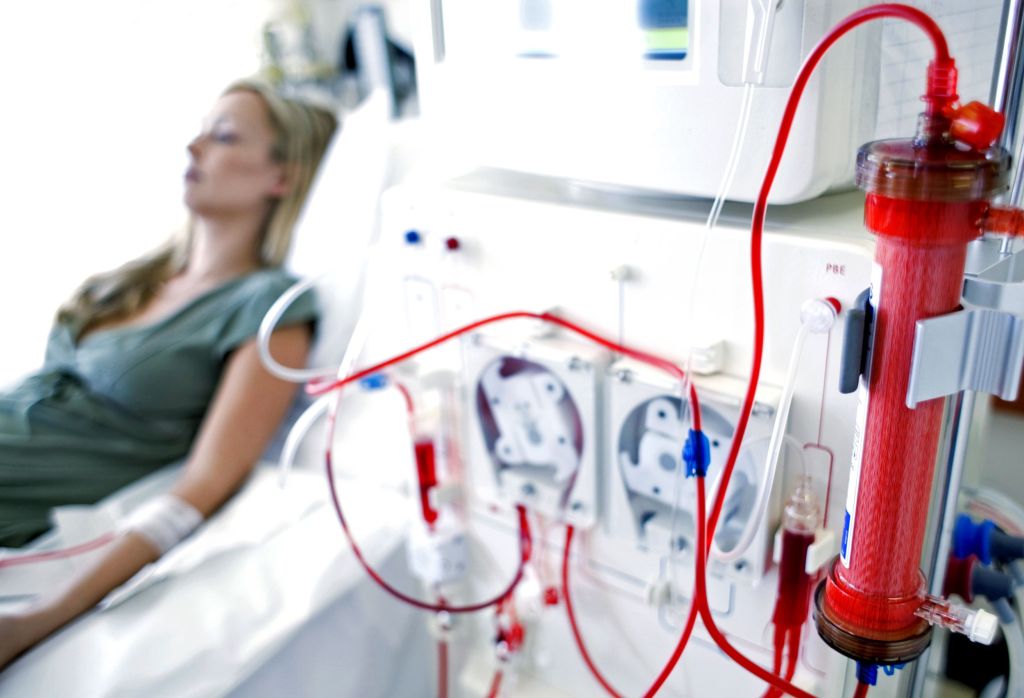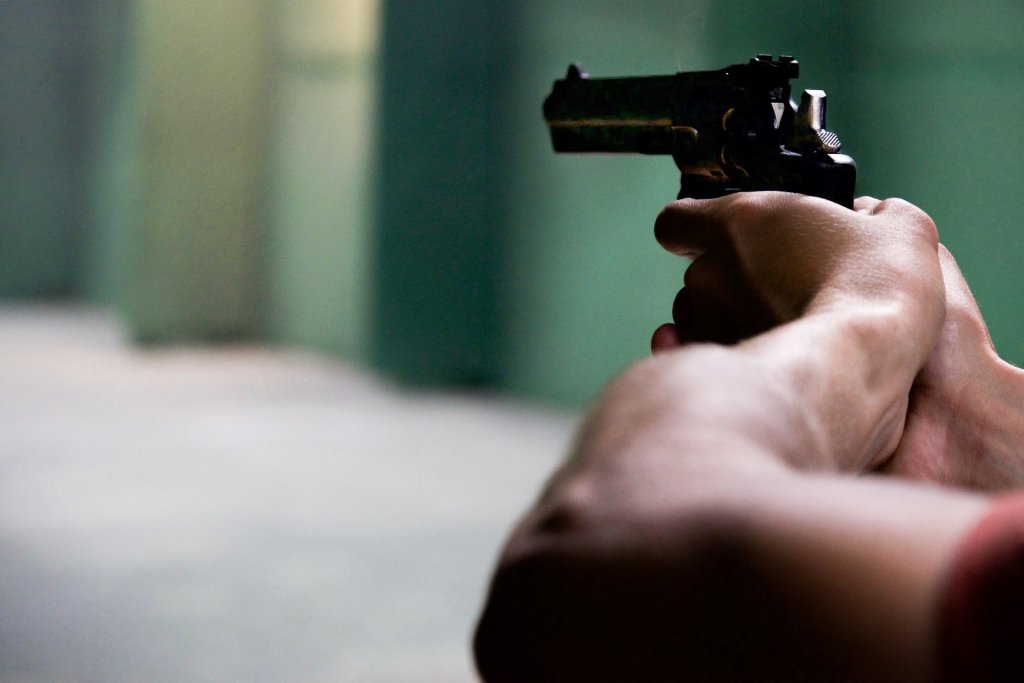
A certified medical-surgical nurse, Susanne Marie Capozzi is a staff registered nurse with Davita Dialysis in New Jersey. Since 2018, Susanne Capozzi has provided care for admitted dialysis patients in the centers. As part of her work, she counsels patients regarding dietary restrictions and fluid management.
Dialysis is performed when a patient’s kidneys are no longer able to remove enough fluid and wastes from their blood as needed. Often, this happens when the kidneys have damaged to a point where there is only 10 to 15 percent of functionality left. At an early stage, this may result in the patient experiencing fatigue, vomiting, nausea, and swelling. However, a patient can have a high level of wastes in their blood without symptoms for some time.
Specific diets rich in protein and low in sodium, phosphorus, and potassium are recommended for patients undergoing dialysis. Low fluid intake is also recommended. If a patient has other health conditions in addition to kidney failure, such as diabetes, additional restrictions may be specified.
